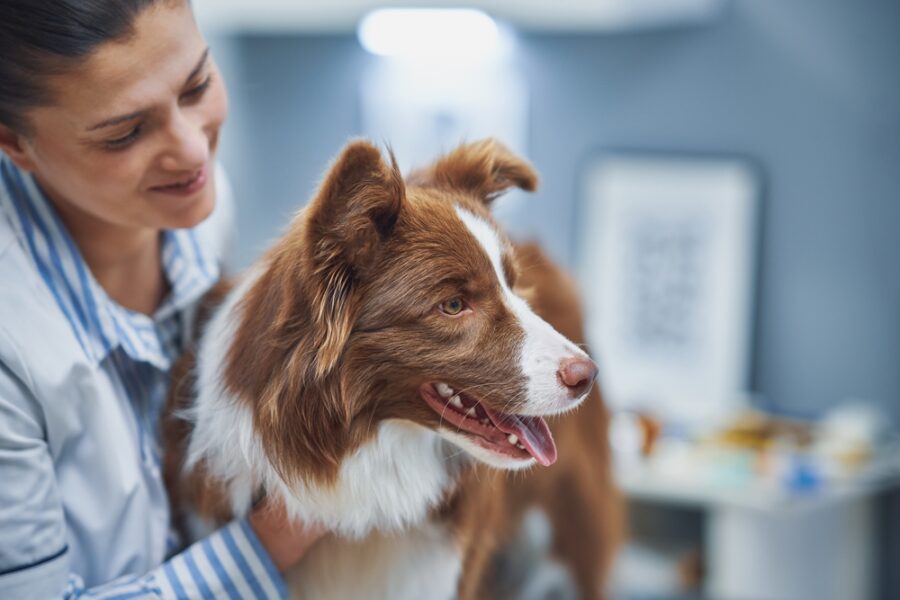Dog attacks teach us a lot about the accountability and responsibility of pet parents. These incidents are always tragic, but they’re not always the dog’s fault.
The headline proclaimed, “Lexi Hudson Death: Family told killer dog was safe around children.” This certainly peaked my attention, but not for the reasons the article went into explaining. I thought I was going to read an article about responsibility, accountability, the importance of education when it comes to dog attacks, or at least something along those lines. Instead, it was yet another story sensationalized by media, where there was a “villain” and a “victim.”
The fear-mongering tactics in the article bordered on insane. For example, “Her death has led to animal safety campaigners calling on all dogs to be muzzled around children under the age of 12.” Like that would ever fly, and nor should it. The photo included isn’t even of the dog, but of a much larger “scarier” looking breed. The article also mentioned topics such as “dangerous breeds,” which no doubt sparks fear into people who are not educated on the subject. To me, the article came off sounding like an attack on our canine companions and removed all blame and accountability from the humans involved.
So, let’s have a proper look at the situation, shall we? In a nutshell, the Hudson family rescued a bulldog and was told by the rescue organization that the dog was safe around children. The family only had the dog for a few weeks before the attack happened. Then there is a complete lack of details, so all we know is that the dog came into the bedroom where the mom and child were sleeping and attacked the child. You can read the full article here.
The first lesson we should take from this is that no rescue organization should ever tell anyone that a dog is safe. We understand that rescues want their animals to get adopted, but false information is not the way to go. Rescue animals typically come with special needs. Animals can have post traumatic stress disorder, just like people. That means animals can react to certain “triggers” that remind them of past abuse or traumatic experiences. When rescuing an animal, this is ALWAYS something to keep in mind.
The second lesson is that we have accountability as owners, especially if we are parents who have small children. It is up to us, as responsible adults, to educate ourselves on what it takes to properly care for an animal. For example, we should know what signs of anxiety and fear look like, we should be aware of how our animals are interacting with children and if there are any warning signs, and we should be knowledgeable about the breed and species. We should also try to learn as much about the animal’s history as possible. If your animal is from a rescue, it should automatically be a given that unpredictable behavior can occur.
The third lesson is that we have accountability and responsibility to people and other pets who will be around a new animal. As guardians of our animal companions, we are the ones ultimately responsible for their behavior. In the case of the Hudson family, the parents had a responsibility to be as cautious as possible with bringing a rescued dog into their home. Yes, the rescue organization was not truthful about the dog, but the parents should have been cautious regardless. Would you take in a stranger off the street and drop your guard after only a few weeks?
The fourth lesson is that our entire society needs a lot more education on what it means to be a pet owner. It is absolutely possible to rehabilitate almost any animal, but it takes a lot of skillful knowledge to do so. The problem does not lie with dangerous breeds or needing to muzzle all of our pets. The problem lies with not knowing how to be proper guardians for our animal companions.
In the tragic case of Lexi Hudson’s death, we do not see a “killer” dog who was out to get a little girl. We see a dog who was deeply traumatized, who attacked because something triggered his abuse. We do not need to demonize this dog. Instead, we need to change the way we communicate about our animal companions and we need to understand what being a pet owner actually involves.








